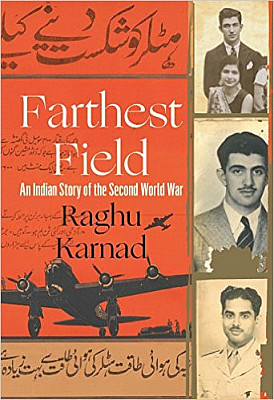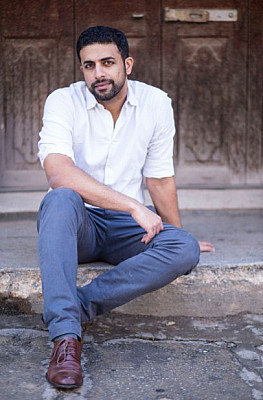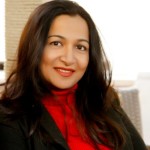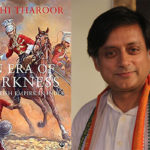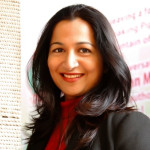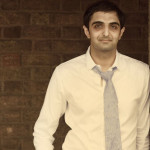Unravelling the Second World War with Raghu Karnad
Author Raghu Karnad’s new book, Farthest Field: An Indian Story of the Second World War, brings to light hidden secrets of the Second World War. The book involved a lot of research and digging into what’s left of the past. In Verve Book Club, he discusses the process of untangling these secrets and putting it forth in his latest read.
1. What inspired you to tell this story? What do you hope readers will take away from the book?
“The book tells a national story and also a personal one, and on both levels what I came across was really startling. My hope was that this dramatic family story, well told, would help readers take the journey that Indians made through the war. The takeaway would be that World War 2 – which figures so hugely in global history, in movies and books, and our imagination- is also a crucial story for us.”
2. Historical books aren’t everyone’s cup of tea. Was it hard to maintain a balance between telling a true story and keeping it gripping for the readers?
“Not really. I found the real events of the story gripping from start to finish – at least they gripped me as a writer. That made the task of writing a book fairly easy. It was like getting into a boat and the sails just filling up on their own.”
3. Since your point of view is from the officers, do you think a chapter from the point of view of a jawan would have been interesting?
“I thought about this a lot – that the story of the jawans is even more lost to history than that of officers. But ultimately my feeling is that the world war in which the jawans’ experience is most compelling was World War 1… What made World War 2 special was it was the first time Indians became officers in their own army in large numbers. To put it baldly, it was the first time people like us – college-educated, middle or upper class – were fighting. And facing the dilemma of serving the colonial power, at a time when the freedom movement was at its peak.”
4. You spoke to many Indian war veterans as part of your research. What was the experience like? How many of their anecdotes made it to your book?
“Very exciting, because of the dramatic stories of the past, and also quite moving, because of where we were in the present. These were men in the very late hours of their lives, in their nineties, recalling their youth, being young, often in love. The world was just opening up to them – with all this romance, and violence – but in the present their world was wrapping up. Only a few directly made it to the book, because the book just had to stick closely to the lives of the four protagonists or it would explode. What I used most was their insights: what they could tell me about what the world and their decisions looked like and felt like. But really India’s WW2 isn’t a subject for one book; you could fill a library with the experiences of Indians sent across the globe.”
5.The story contains army jargon. Was it important to maintain conversational authenticity vis-à-vis simplifying it for the readers?
“It helped that I started out ignorant about the army and it’s functioning, so the first round of ‘translation’ I did for myself. For the terminology that remains, I made sure to have appendices to help readers understand what a brigade is vs a division.”
6. Would you say there is any such thing as a ‘good’ war?
“There can be. But the more people insist that any war was good, the more important it becomes to ask questions about it.”
7. Are there any other wars that haven’t been written about a lot, that you are interested in?
“Many. The entire colonial era of the Indian Army is deep in shadow because of our nervous attitude towards that history. No better example than the First Indo-Afghan War, which was drawn out of obscurity by William Dalrymple in Return of a King. That’s also the perfect example of how much we have to learn about modern geopolitics from India’s past wars.”
8. Which authors/genre of books do you enjoy reading? What’s the last book that you read?
“All sorts. I read mainly fiction, but there’s a community of non-fic writers in India right now whose work I find thrilling. I’m currently reading through the work of the Japanese writer and poet Mariko Nagai, who also explores the war. But through the deeply, terribly different experience the Japanese had of the war, and still have, with the memory of it.”
Related posts from Verve:
Verve Trending
Sorry. No data so far.
us on Facebook to stay updated with the latest trends

